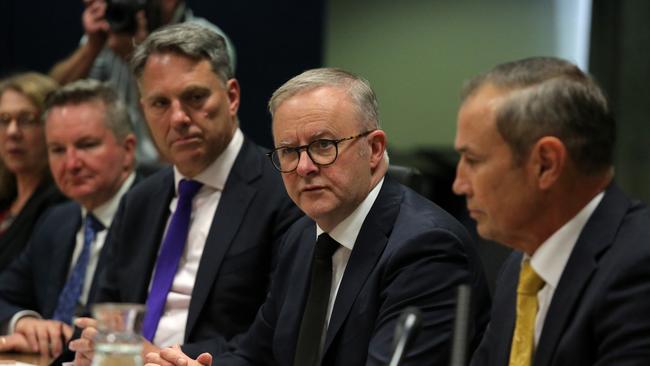
Most Australians view Elon Musk’s space adventures with mild amusement. They don’t realise that it’s part of a space race between the US, China and Russia which is becoming an integral part of nuclear submarine movements and global communications.
We will have to be part of it if we are to be a serious AUKUS partner.
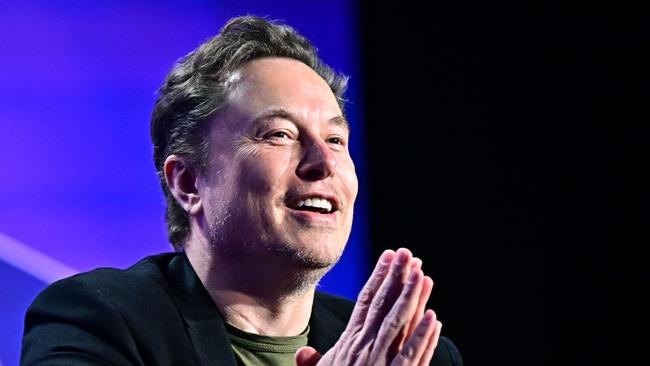
Moreover, the space game is evolving in a way that is becoming more deadly for Australia than most other countries.
New materials which one day may threaten our resource industries are being developed in earth’s atmosphere via artificial intelligence and quantum computing. This will be accelerated in the vacuum conditions in space. Resources are our main source of government income and a vital part of our sharemarket, so we must be part of the new frontiers (including the Moon).
I have been attending the Australian Davos Connection’s leadership summit for two decades, but rarely does an issue emerge of such community significance that is not on the national radar.
Australia has had three leaders who understood the long-term importance of the nation being involved in space exploration – Bob Hawke, Kim Beazley and Richard Marles.
Six months before becoming Deputy Prime Minister and Defence Minister, Marles showed he understood how vital space was to Australia’s future when he said: “The Australian Space Agency is really a critical first step, and it’s really important … but we need to take a much bigger step than that going forward if Australia is going to fulfil its destiny as a country which is leading the world in terms of our space industry.”
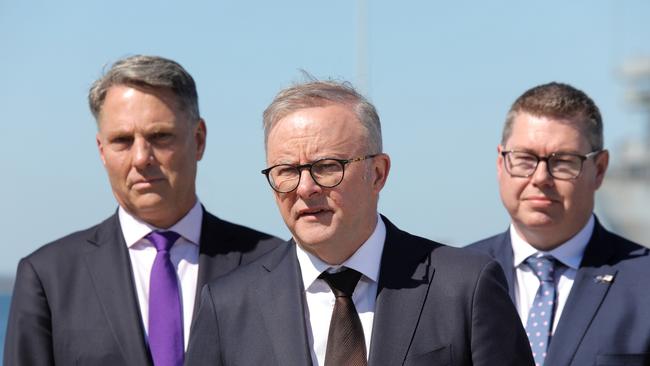
However, Anthony Albanese appointed the Member for Chiffley, Ed Husic, as Industry and Science Minister. Husic did not have the vision of his Deputy PM, and the Marles vision – which was also basic Coalition policy – was abandoned.
Whichever party wins government at the next election will need to restore the Marles vision if we are to be a true US partner.
Delegates to the ADC conference were told the facilities in space and on the Moon had the potential to control global communications and will almost certainly be used in future conflicts.
Space technology to track submarines in deep waters is being developed, which means that the billions we are spending in nuclear submarines will be of limited value unless we are part of the defence space systems that will be set up in space to counter our rivals.
The US sees Australian involvement in space as a natural and expected adjunct to involvement in nuclear submarines.
But back on Earth, artificial intelligence and quantum computing are beginning to accelerate the reconstruction of atoms to produce new materials.
Obviously, much of this work is being concentrated in the medical area. But in due course, materials will be produced that will be a substitute for the minerals being produced by our miners.
And in the near-vacuum environment of space and the Moon, reconstructing atoms is likely to be even more successful.
Moreover, asteroids in space contain minerals that are very valuable back on earth.
Where small quantities of minerals are used, such as rare earths, the asteroid material might be “mined” and be brought back to Earth. Again, science fiction is coming to Earth and, as a major miner, Australia must be part of the technologies.
If we go back to the 19th century, the great Cobb and Co set up a magnificent transport network based on horse-drawn vehicles. Cobb and Co did not realise future land transport would not involve horses, and it went out of business.
The use of drones both in the Ukraine and Gaza wars is rewriting the rules of military equipment technology, but there is a lot further to go, and the new era will include control of these and other weapons from space. Whether aircraft carriers and other surface ships like frigates will have a role in this new era is questionable.
There is some evidence Ukraine has been able to disrupt the communication systems used by Russian drones, but if similar technology is applied from space it is likely to be devastating.
Already the US is investing large sums in communication bases in Norway, because Norway’s position near the top of the world goes as close as possible to duplicating the advantages of space. In time, China and others may use the Antarctic in the same way.
Meanwhile, the challenge of rebuilding Ukraine and perhaps Gaza is being looked at in an unconventional way, perhaps using some of the new materials that have been developed with systems akin to 3D printing.
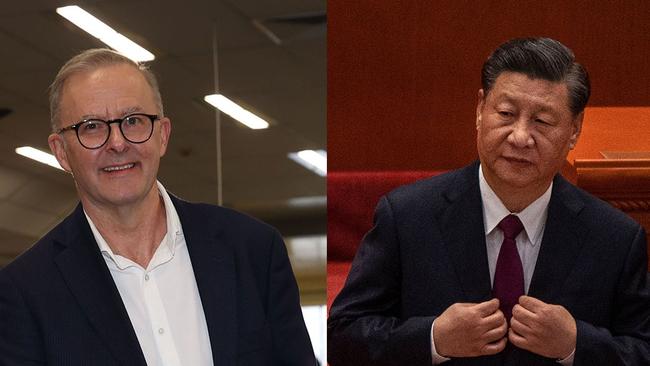
The combination of the new computer systems and the potential of space means that the world is entering yet another revolution that will be similar to both the industrial and internet revolutions but will move much faster. It will almost certainly mean that the cumbersome technologies we are using to generate power without carbon will be transformed, as will be transportation of electricity.
Perhaps we should all rewatch the Star Wars series to prepare ourselves for the new world. Even better, make sure that the next generation is very familiar with mathematics chemistry and physics, which will be important.





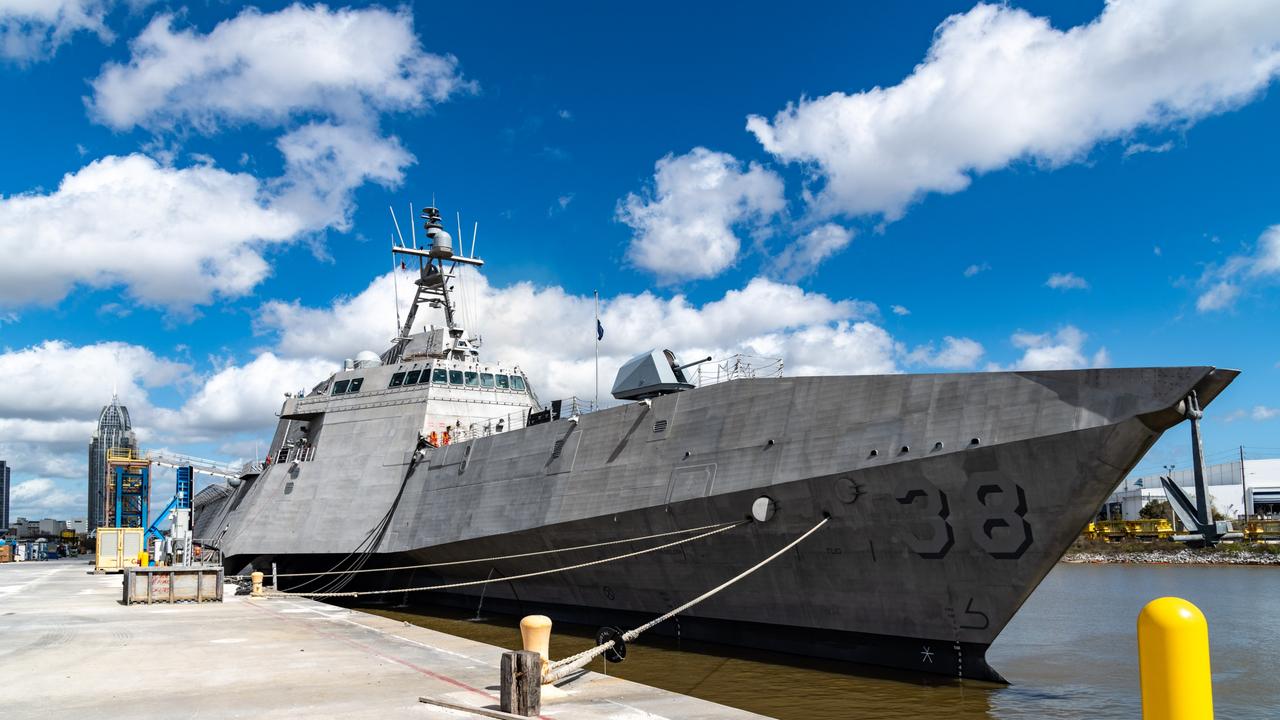
The world of Star Wars and science fiction is rapidly approaching our earth.